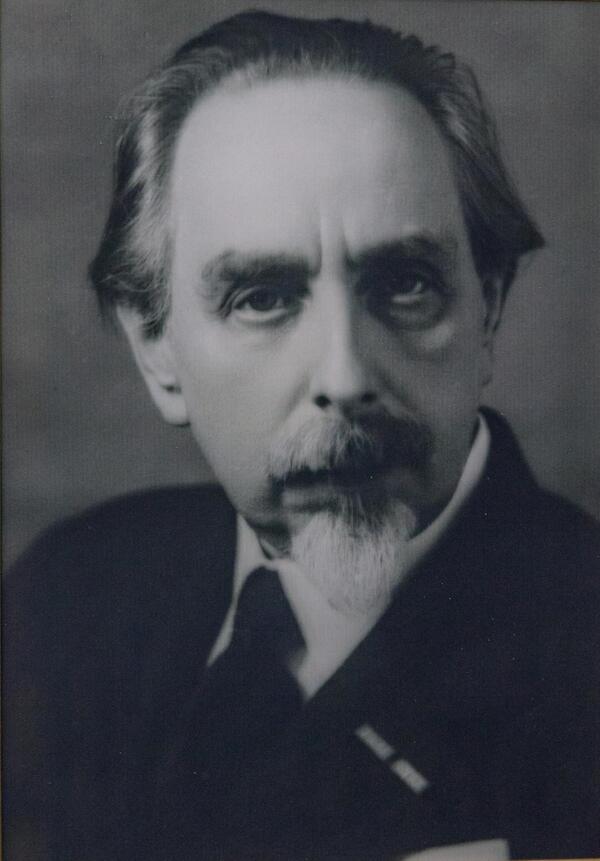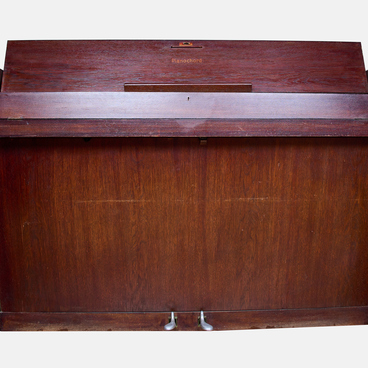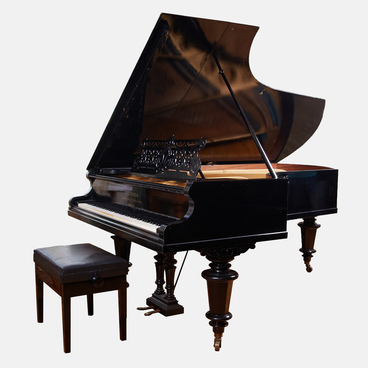Samuil Feinberg was a composer, a pianist, a teacher, and a music researcher, who introduced innovation in all these areas. Feinberg became Alexander Goldenweiser’s student at the age of fourteen. They became close friends, and their relationship lasted more than half a century.
Samuil became the young professor’s first great pedagogical achievement. In pedagogy, Goldenweiser focused on the classics. He taught Feinberg the works of Bach, Mozart, and Beethoven. Goldenweiser approved of the student’s interest in composing music and advised him to conduct a serious study of composition. Having graduated from the conservatory, the young pianist went on two short tours abroad — Berlin and Vienna — which had a great influence on his work. At the same time, he began composing music — songs that were based on verses by famous poets.
In 1914, there was a break in the musical career of the successful pianist: the First World War broke out and he joined the army as a simple soldier. Feinberg wrote about all his worries and doubts to his close friend Alexander Goldenweiser. Having recovered from the horrors of the war, he gradually began to perform in concerts. Feinberg had an extraordinarily rich repertoire and could play a variety of programs.
In 1922, Feinberg began teaching at the Moscow Conservatory. In teaching, he also achieved excellent results. Many of his students became laureates of all-Union and international competitions.
The resolution of the Central Committee of the CPSU on formalism in music did not bypass the activities of the outstanding pianist. His 3rd Piano Concerto was claimed to be a formalist work, notable for “fragmentation of thinking, decadent exaggerations in the field of form and language, abstractness, ciphered content that was far from the living concrete images of Soviet modernity.” These accusations entailed certain restrictions and even deprived the musician of the opportunity to give concerts and record music. Feinberg could not abandon his work, so his name was forgotten for a long time. He performed in chamber ensembles and wrote several works. The revival of interest in the work of Samuil Feinberg began only in the 1990s.



